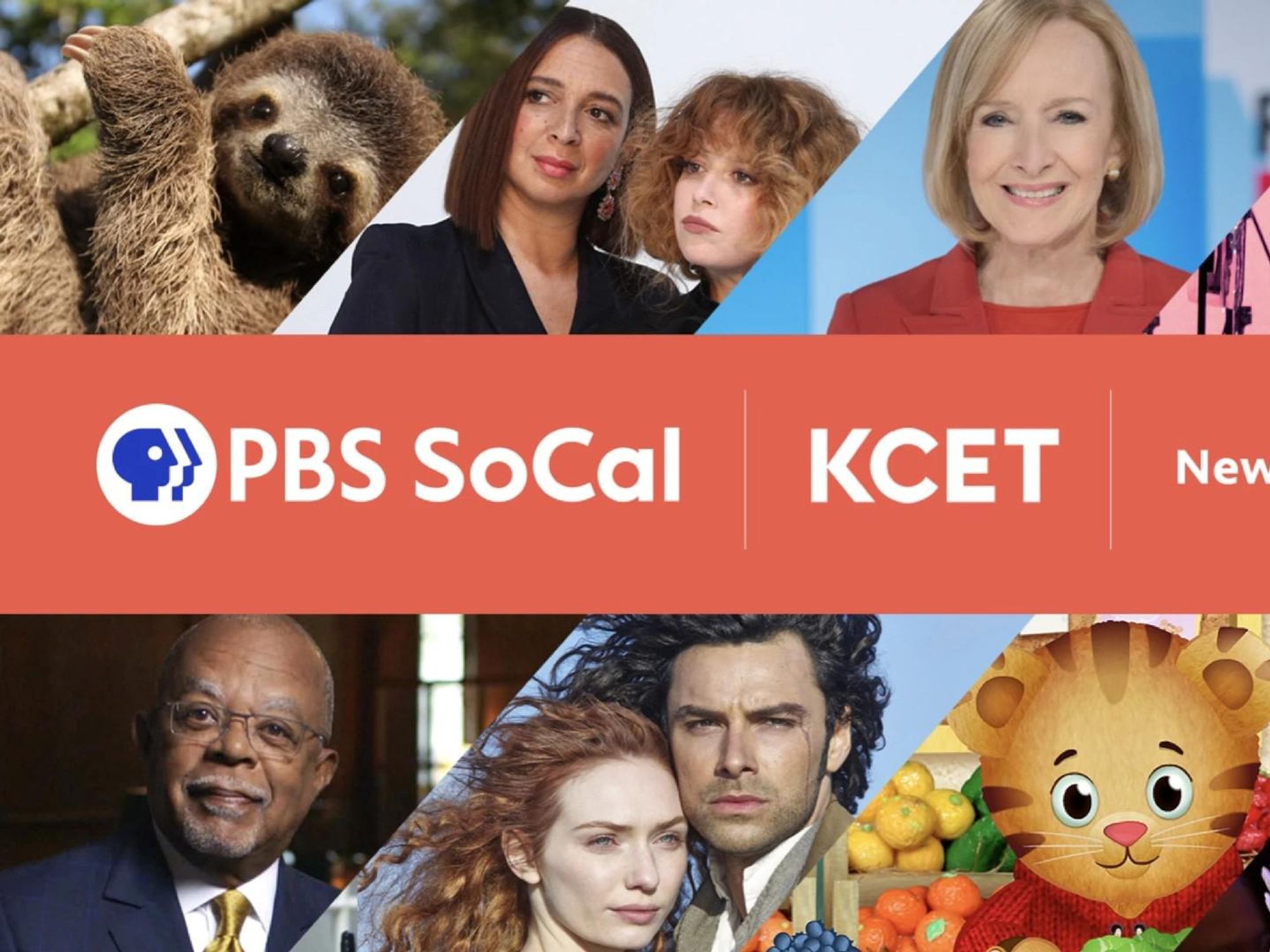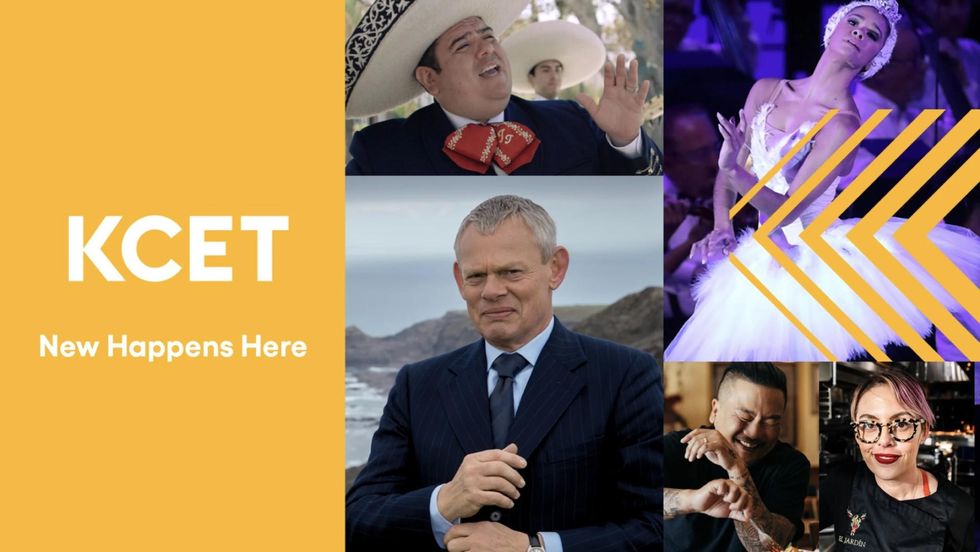SoCal PBS Rebrands to Focus on Streaming
Favot is an award-winning journalist and adjunct instructor at USC's Annenberg School for Communication and Journalism. She previously was an investigative and data reporter at national education news site The 74 and local news site LA School Report. She's also worked at the Los Angeles Daily News. She was a Livingston Award finalist in 2011 and holds a Master's degree in journalism from Boston University and BA from the University of Windsor in Ontario, Canada.

In the new television landscape where streaming services like Disney Plus, Apple TV and Netflix dominate, Southern California's flagship PBS stations announced Tuesday a rebranding effort that includes new logos and a redesign of its websites as they shift their focus toward streaming.
A third of PBS SoCal and KCET's viewers are streaming shows rather than watching them on traditional television, part of a larger trend where about 80% of U.S. consumers subscribe to at least one paid streaming video service, according to Deloitte. Twenty-five million households have cut the cord since 2012, CNBC reported last year.
The redesign is aimed at attracting more viewers to their streaming services. With this shift, PBS SoCal and KCET are preparing for a "digital future," in order to compete with streaming service providers.
"Broadcast will continue to be a significant portion of our viewing, but as people are migrating to streaming devices as their primary entry point for entertainment, we will be there," Dan Ferguson, Public Media Group of Southern California's senior vice president of marketing and communications, said in an interview.
The redesign moved the organization's websites to the same content management system, making it easier to share content and streamline the process for those who manage them.
The company hopes the new websites will be more customized with easier search and navigation tools, making it easier for viewers to find and watch what they're looking for.
Ferguson said the company launched a campaign to drive awareness to its app when the pandemic hit and that downloads have since been "really healthy."
PBS SoCal and KCET merged two years ago along with satellite service Link TV to establish the Public Media Group of Southern California, which is available to 18 million viewers. Ferguson hopes the rebranding will solidify brand unity among the three channels.
Although it is undergoing a rebranding effort, the company remains committed to its mission of public service in the areas of education, arts and culture, news and diversity and inclusion, Ferguson said.
"As we head into a new year, it is important to remember that although the looks of both PBS SoCal and KCET are changing, our mission remains the same: to strengthen the civic fabric of Southern California while sharing diverse perspectives and providing an essential connection to a wider world," Public Media Group of Southern California President and CEO Andrew Russell said in a news release.
PBS SoCal airs PBS programming and focuses on educational programming for children and families, while KCET specializes in arts, culture and local news.
While the company said its local TV broadcast stations will "continue to be as vital as ever," the effort signals its commitment to on-demand, digital content through streaming, apps, social media and other means.
The marketing campaign, called "You Happen Here," started airing on PBS SoCal and KCET and will include on-air promo spots, website messaging, membership communications and social media posts in the coming months.
The new graphics and colors are meant to reflect the "hues of Southern California."
PBS SoCal's rebranding keeps its relationship to the PBS national brand while "bringing in a unique Southern California feeling." The logo keeps the PBS blue, but introduces coral as the new signature color.
KCET's new logo has a vibrant yellow color that "embodies Southern California values of illumination, inclusion and exploration," the company said.
Favot is an award-winning journalist and adjunct instructor at USC's Annenberg School for Communication and Journalism. She previously was an investigative and data reporter at national education news site The 74 and local news site LA School Report. She's also worked at the Los Angeles Daily News. She was a Livingston Award finalist in 2011 and holds a Master's degree in journalism from Boston University and BA from the University of Windsor in Ontario, Canada.






 Image Source: Skyryse
Image Source: Skyryse